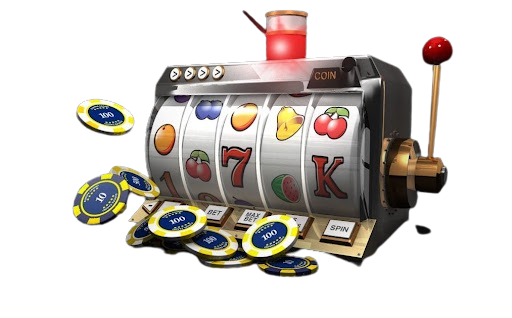Investigating the Vast Universes of Gaming: An Excursion Through Virtual Domains
Introduction: In the vast landscape of human entertainment, games stand as an enduring pillar, weaving themselves into the fabric of societies worldwide. From ancient board games etched into stone to immersive virtual realities, the evolution of games reflects not only technological advancements but also the ever-changing desires and imaginations of humanity. In this article, we embark on a journey to explore the multifaceted world of games, delving into their history, significance, and the profound impact they have on individuals and communities.
The Evolution of Games: Games have been an integral part of human culture for millennia, serving as both entertainment and educational tools. Ancient civilizations indulged in various forms of games, from the strategic challenges of Senet in ancient Egypt to the tactical prowess demanded by Chinese chess (Xiangqi). As societies progressed, so did the complexity and diversity of games, culminating in the emergence of modern board games and card games during the Renaissance period.
The 20th century witnessed a paradigm shift with the advent of electronic games. The birth of Pong in 1972 marked the dawn of the digital gaming era, paving the way for the explosive growth of video games. From the pixelated landscapes of Pac-Man to the sprawling open worlds of modern masterpieces like Red Dead Redemption 2, video games have evolved into a sophisticated art form, blending storytelling, technology, and interactivity in unprecedented ways.
The Significance of Games: Beyond mere entertainment, games serve a myriad of purposes, ranging from fostering social connections to promoting cognitive development. Multiplayer games provide platforms for social interaction and cooperation, transcending geographical boundaries to unite players from diverse backgrounds. Additionally, educational games leverage the engaging nature of gameplay to impart knowledge and skills, making learning enjoyable and accessible.
Furthermore, games offer a refuge from the stresses of everyday life, allowing players to immerse themselves in fantastical realms where they can unleash their creativity and explore boundless possibilities. The psychological benefits of gaming, including stress relief and enhanced cognitive function, have been extensively documented, highlighting the therapeutic potential of games as tools for mental well-being.
The Impact of Games on Society: As one of the most pervasive forms of entertainment in the modern age, games wield significant influence on society, shaping cultural norms and perceptions. The gaming industry has burgeoned into a multibillion-dollar powerhouse, driving innovation in technology and entertainment while simultaneously challenging traditional media channels. Moreover, games serve as cultural artifacts, reflecting the values, aspirations, and concerns of their creators and players alike.
However, the influence of games extends beyond the realm of entertainment, spurring ASTONSLOT debates on issues such as violence, addiction, and representation. While some critics argue that certain games promote aggression and desensitization, others contend that the vast majority of players engage with games responsibly and derive positive experiences from them. Additionally, the portrayal of diverse characters and narratives in games has become a focal point for discussions surrounding inclusivity and representation in media.
Conclusion: In essence, games transcend their status as mere pastimes, embodying the essence of human creativity and ingenuity. From ancient board games to cutting-edge virtual reality experiences, the evolution of games mirrors the relentless march of progress and the enduring quest for meaningful experiences. As we continue to navigate the ever-expanding landscape of games, let us embrace their potential to inspire, educate, and unite us in our shared journey through the digital cosmos.